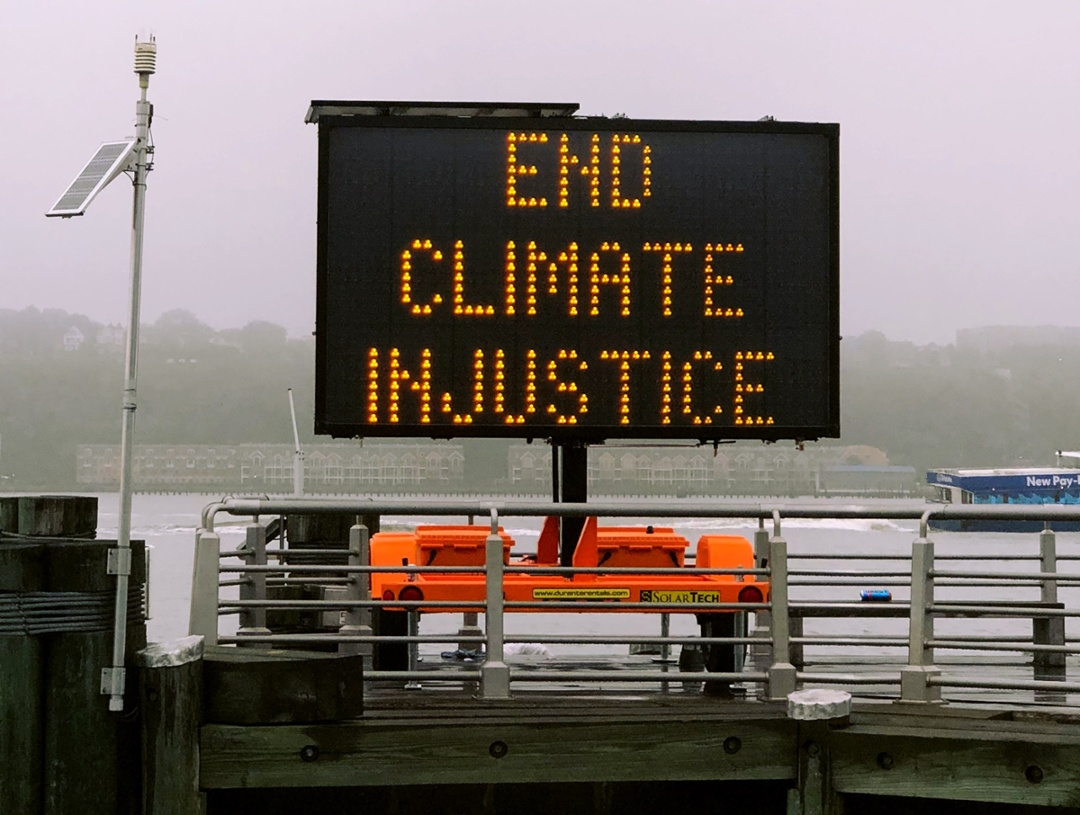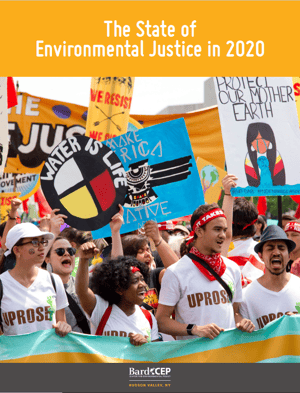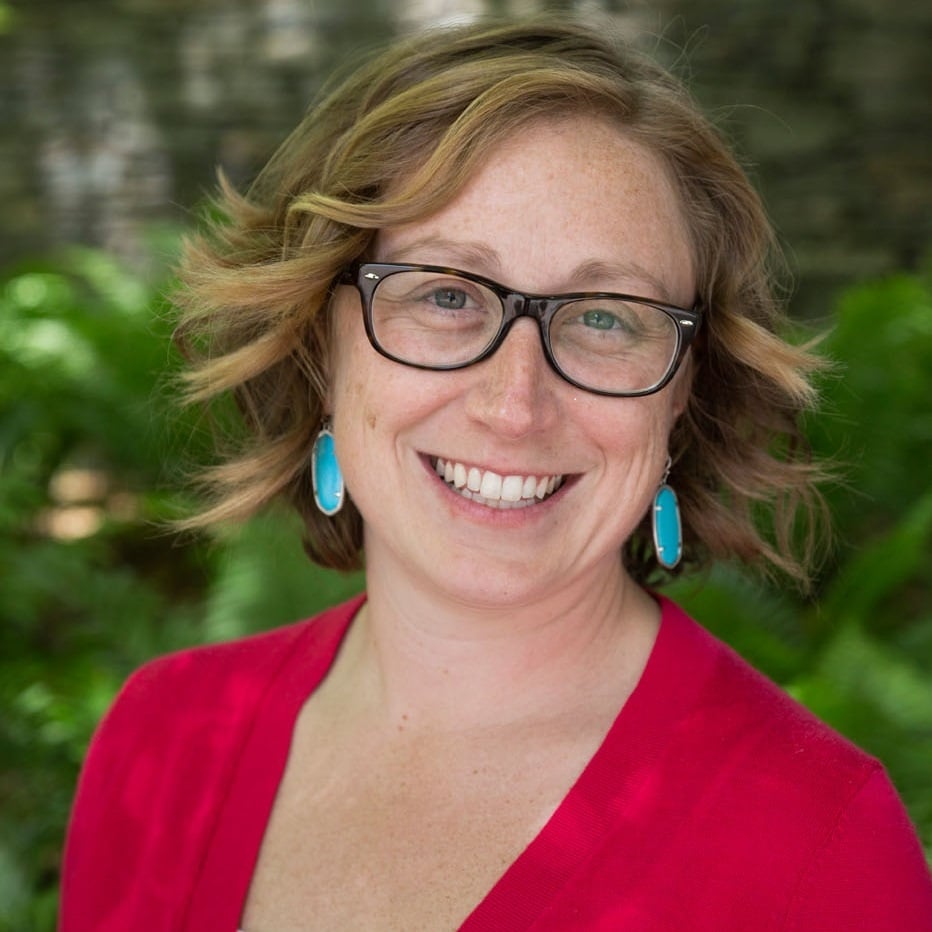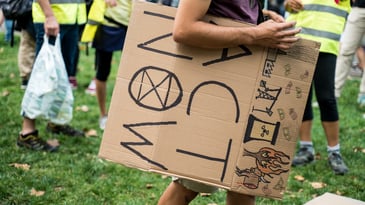New Resource - Exploring the Necessity of Environmental Justice in 2020

The Green New Deal. Isra Hirsi. Xiye Bastida. Greta Thunberg.
In the last year, before the onset of the coronavirus pandemic, climate change dominated much of our global conversation, and young voices were at the forefront of the movement.
We’ve seen protests and strikes on a massive scale, new warnings about the dangers of inaction on climate, and new solutions presented. Yet, as the environmental movement gathers momentum, there are many voices and communities that are being forgotten or left behind.
In this time of growing awareness, it is crucial that we remain focused on environmental justice. Today, we’re offering a new resource on the state of environmental justice in 2020—a comprehensive look at what environmental justice means, its history and origin as a concept, and why it is needed today more than ever.
Environmental Justice Cannot Be an Afterthought
Did you know that residents in St. John the Baptist, a two-mile, predominantly Black community in Louisiana surrounded by petrochemical plants, are 800 times more likely than the average American to get cancer in their lifetime?
Or that Black communities face a 54 percent higher health burden compared to the overall population, due to environmental pollutants and the food deserts that exist in many marginalized communities?
And now, in the midst of our national coronavirus crisis, Black Americans are dying at much higher rates than the rest of the population. According to Governor John Bel Edwards, 70% of coronavirus deaths in Louisiana are among African Americans, despite making up only 33% of the state’s population.
The issue of climate change is a wicked problem. Economics, policy, law, culture, and human behavior must all work in tandem to effect change. The goal of action on climate change is clear: shared well-being on a healthy planet.
Environmental justice focuses on the necessity of shared well-being, bringing those impacted and marginalized by environmental change to the forefront of the fight.
As Dr. Robert Bullard, the “Father of Environmental Justice,” explained in an interview with Grist, “This whole question of environment, economics, and equity is a three-legged stool. If the third leg of that stool is dealt with as an afterthought, that stool won’t stand. The equity components have to be given equal weight.”
Discover the State of Environmental Justice in 2020
 At the Bard Center for Environmental Policy (CEP), we are focused on building solutions to the climate crisis and to building solutions in communities that include all voices, especially the voices of the marginalized and those most impacted by environmental abuses.
At the Bard Center for Environmental Policy (CEP), we are focused on building solutions to the climate crisis and to building solutions in communities that include all voices, especially the voices of the marginalized and those most impacted by environmental abuses.
Check out this new resource today to learn more about the state of environmental justice in 2020, the ongoing environmental crises that are affecting communities today, and how you can get engaged in the fight for justice and planet health.


-1.jpg?width=365&name=clean-air%20(2)-1.jpg)
-891746-edited.jpg?width=365&name=PROOF_PM_BardMBA_NYC_05-13-16_MG_3854_PROOF(1)-891746-edited.jpg)

